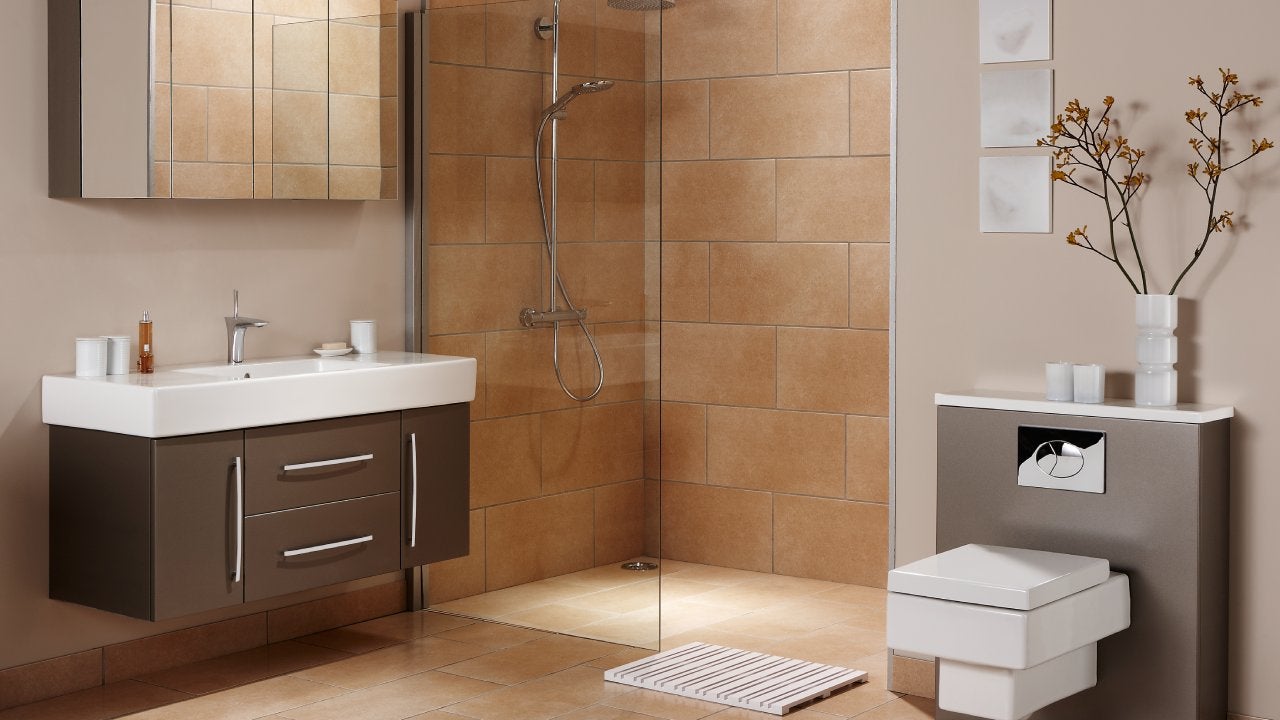
Understanding the Expense of House Gutting Projects
Breaking Down the Costs of House Gutting Projects
Embarking on a house gutting project can be both exhilarating and daunting. Understanding the expenses involved is crucial for proper planning and budgeting. Let’s delve into the various factors that contribute to the overall cost of house gutting projects.
Assessment and Planning
Subheading: The Initial Steps
Before diving into a house gutting project, a thorough assessment of the property is essential. This involves evaluating the structural integrity, identifying any hazardous materials like asbestos or lead, and assessing the extent of the renovation needed. Hiring a professional inspector or contractor for this task is advisable to ensure accuracy.
Labor Costs
Subheading: The Backbone of the Project
Labor costs typically make up a significant portion of the expenses in a house gutting project. Skilled tradespeople such as carpenters, plumbers, electricians, and demolition crews are needed to carry out the work. The cost of labor varies depending on factors such as location, the complexity of the project, and the experience level of the workers.
Material Costs
Subheading: Investing in Quality
Materials are another major expense in house gutting projects. This includes everything from lumber and drywall to fixtures and appliances. Opting for high-quality materials may come with a higher price tag upfront but can save money in the long run by reducing the need for repairs and replacements down the line.
Disposal Fees
Subheading: Dealing with Debris
Proper disposal of demolition debris is an often overlooked cost in house gutting projects. Depending on local regulations, you may need to rent a dumpster or hire a waste removal service to dispose of the debris safely and legally. Factoring in these disposal fees is essential for staying within your budget.
Permit Costs
Subheading: Navigating Regulations
Obtaining permits for your house gutting project is not only a legal requirement but also an additional expense to consider. Permit costs vary depending on the scope of the project and local building regulations. It’s important to budget for these permits and factor them into your overall project cost.
Unexpected Expenses
Subheading: Budgeting for Surprises
Despite careful planning, unexpected expenses are almost inevitable in house gutting projects. Hidden structural damage, unforeseen plumbing or electrical issues, or the discovery of hazardous materials can all lead to additional costs. Having a contingency fund of around 10-20% of your total project budget can help cover these unforeseen expenses.
DIY vs. Hiring Professionals
Subheading: Weighing Your Options
While tackling certain aspects of a house gutting project yourself can save money, it’s essential to know your limits. Attempting complex tasks without the necessary skills and experience can lead to costly mistakes and delays. Knowing when to hire professionals and when to DIY is key to keeping your project on track and within budget.
Timeline Considerations
Subheading: Time is Money
The duration of a house gutting project can impact its overall cost. Longer timelines mean more labor hours, increased rental costs for equipment and dumpsters, and potential additional expenses for temporary housing or storage. Working with your contractor








